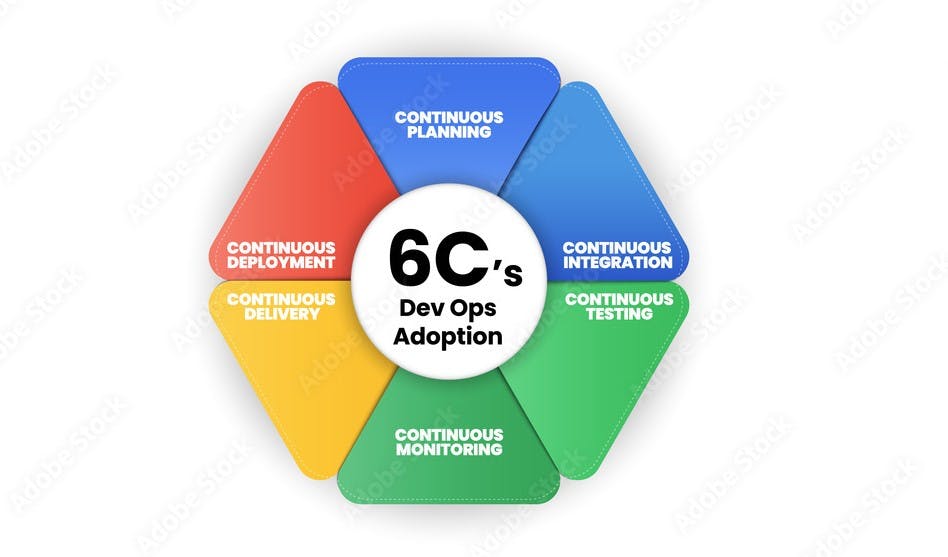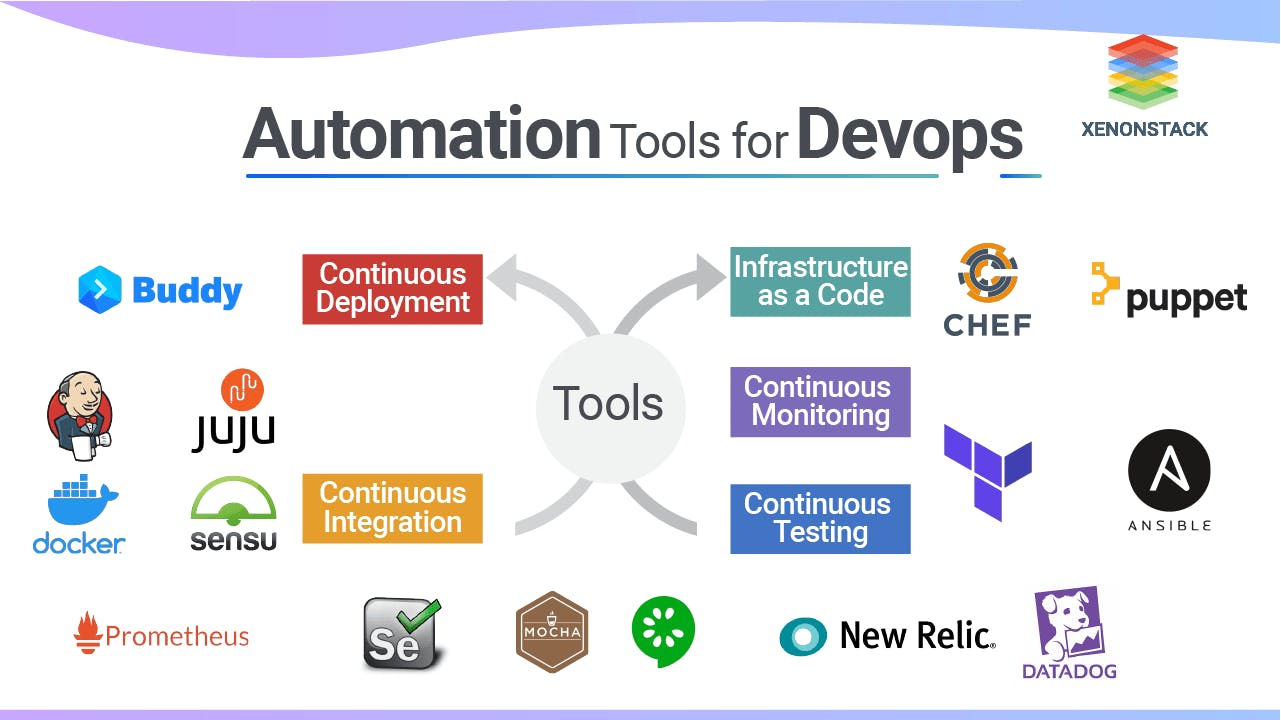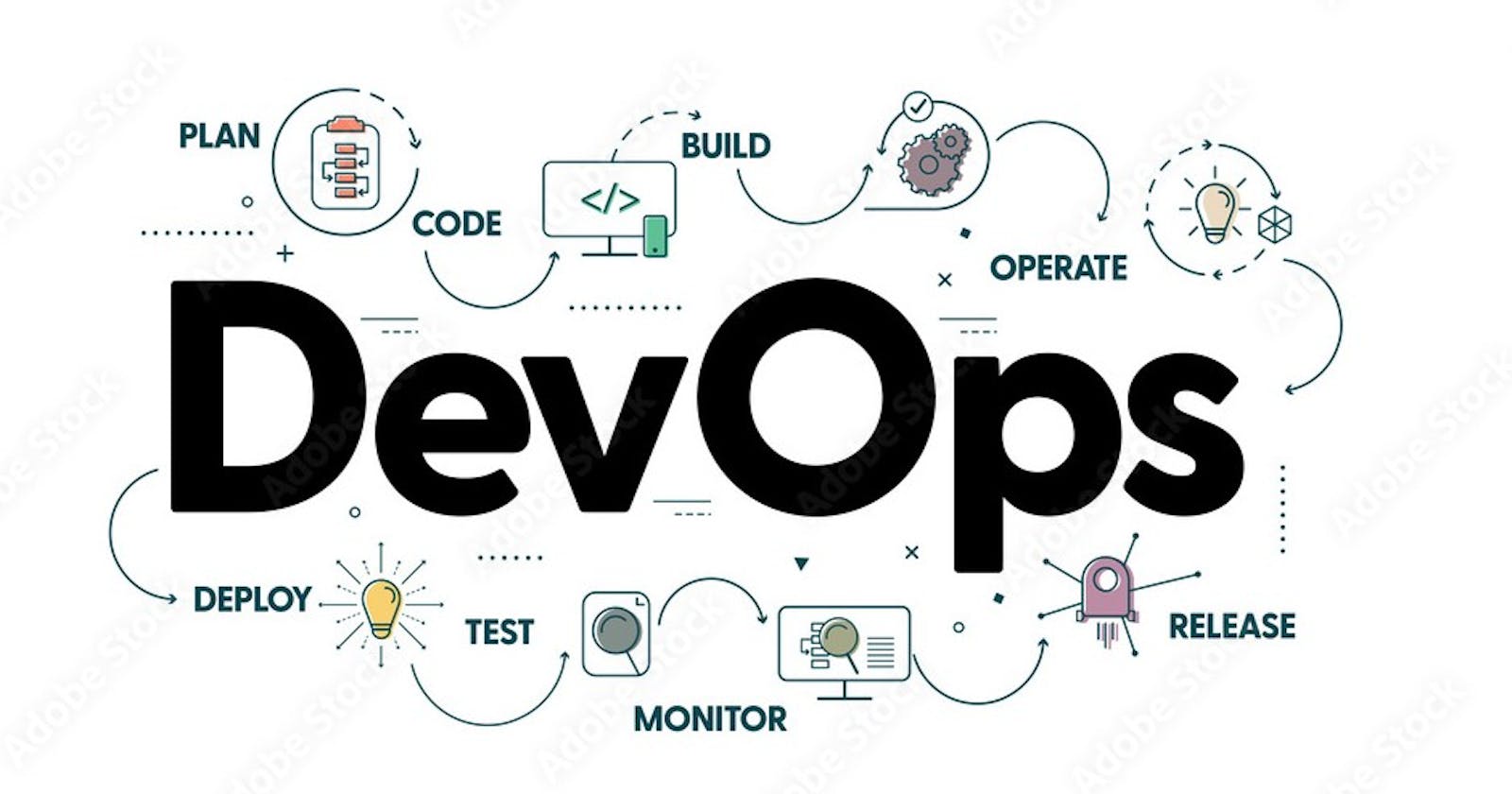Hello. I have accepted the #90DaysOfDevOpsChallenge from #TrainWithShubam and here you will see lots of information related to DevOps and Clould servies and all the tools related to it coming very frequently with quality contents.
Roadmap To Devops:
Check the roadmap explained by #TrainWithShubham to get complete knowledge to start learning and upskilling.
What is DevOps?
DevOps is a collaborative approach that unifies software development and IT operations, aiming to streamline the entire software delivery lifecycle. It emphasizes automation, continuous integration, and continuous delivery to foster agility, efficiency, and quality.
DevOps encourages cross-functional teams to work together, breaking down silos and promoting a culture of shared responsibility and feedback. By integrating development and operations, organizations can achieve faster deployment, shorter development cycles, higher reliability, and accelerated time-to-market. It emphasizes collaboration, automation, and a continuous improvement mindset, enabling businesses to rapidly deliver value to customers and adapt to evolving market needs.
Why DevOps is Important?
DevOps is important because it enables organizations to deliver software faster, with higher quality, and improved collaboration between development and operations teams. It breaks down silos, automates processes, and promotes a culture of continuous improvement, leading to increased efficiency, faster time to market, and better customer satisfaction. By embracing DevOps, organizations can adapt to changing business needs, enhance software reliability, and drive innovation in an increasingly competitive digital landscape.

What is Automation?
Automation in DevOps refers to the use of tools, scripts, and processes to automate manual and repetitive tasks throughout the software development lifecycle. It involves replacing manual interventions with efficient and reliable automated processes. The goal of automation in DevOps is to streamline workflows, increase efficiency, reduce errors, and accelerate the delivery of software. By automating tasks such as code builds, testing, deployment, and infrastructure provisioning, organizations can achieve faster time to market, improved software quality, and enhanced collaboration between development and operations teams. Automation is a key enabler of continuous integration, continuous delivery, and infrastructure as code practices in DevOps.

What is Scaling?
Scaling in DevOps refers to the ability to adapt and accommodate increasing demands on the infrastructure and systems supporting software applications. It involves expanding resources and capacity to handle growing workloads effectively. In short, scaling in DevOps can be summarized as follows:
Scaling enables applications and infrastructure to dynamically adjust resources based on demand.
It ensures optimal performance, high availability, and reliability even during periods of increased usage or unexpected failures.
Scaling helps organizations optimize costs by efficiently allocating resources to match demand.
DevOps employs both horizontal scaling (adding more instances/nodes) and vertical scaling (upgrading or adding more resources to existing instances) approaches.
Automation and tools like load balancing and auto-scaling enable efficient and automated scaling processes.
Continuous monitoring of performance metrics helps identify scaling needs proactively, ensuring a seamless user experience.
Overall, scaling in DevOps is crucial to meet evolving demands, maintain performance, control costs, and provide a reliable and scalable infrastructure for software applications.
What is Infrastructure?
Infrastructure in DevOps refers to the underlying technology stack and resources required to support the development, deployment, and operation of software applications. In short, infrastructure in DevOps can be summarized as follows:
It includes both physical and virtual components such as servers, networks, storage, databases, and other resources.
Infrastructure in DevOps is managed and treated as code using practices like Infrastructure as Code (IaC).
Automation is used to provision and configure infrastructure resources, ensuring consistency and repeatability.
Cloud computing and virtualization technologies play a significant role in modern DevOps infrastructure.
Monitoring and observability practices are essential to ensure the health, performance, and security of the infrastructure.
Infrastructure in DevOps aims for scalability, elasticity, and adaptability to meet changing demands.
Security and compliance measures are implemented to protect the infrastructure and adhere to regulatory requirements.
In summary, infrastructure in DevOps encompasses the resources, tools, and practices used to provision, configure, and manage the technology stack that supports software applications. It focuses on automation, scalability, security, and monitoring to provide a reliable and flexible infrastructure environment.
Conclusion
In conclusion, DevOps is a transformative approach that combines collaboration, automation, and a continuous improvement mindset to enhance software delivery. By breaking down silos between development and operations, organizations can achieve faster time to market, improved software quality, and increased customer satisfaction. Automation plays a critical role in DevOps, streamlining processes, reducing errors, and accelerating software delivery. Infrastructure is the foundation of DevOps, managed as code and designed for scalability, elasticity, and security. By embracing DevOps principles, organizations can adapt to changing business needs, drive innovation, and thrive in a fast-paced digital landscape.
Any sort of suggestion will be highly appreciated. To stay updated with my latest blogs, analysis, articles and many more things on cloud and DevOps, follow me on Hashnode, LinkedIn (https://www.linkedin.com/in/farhan-shamim-719118228, GitHub(https://github.com/farzshamim),Twitter (https://twitter.com/farzshamim)
Connect with me on Twitter, Linkedin and Github.
#90DaysOfDevOps#TrainWithShubham#NonITBackground#DevOps#Docker#Ansible#Kubernetes#Terraform#AWS#Github#FirstBlog#HappyUpskilling
